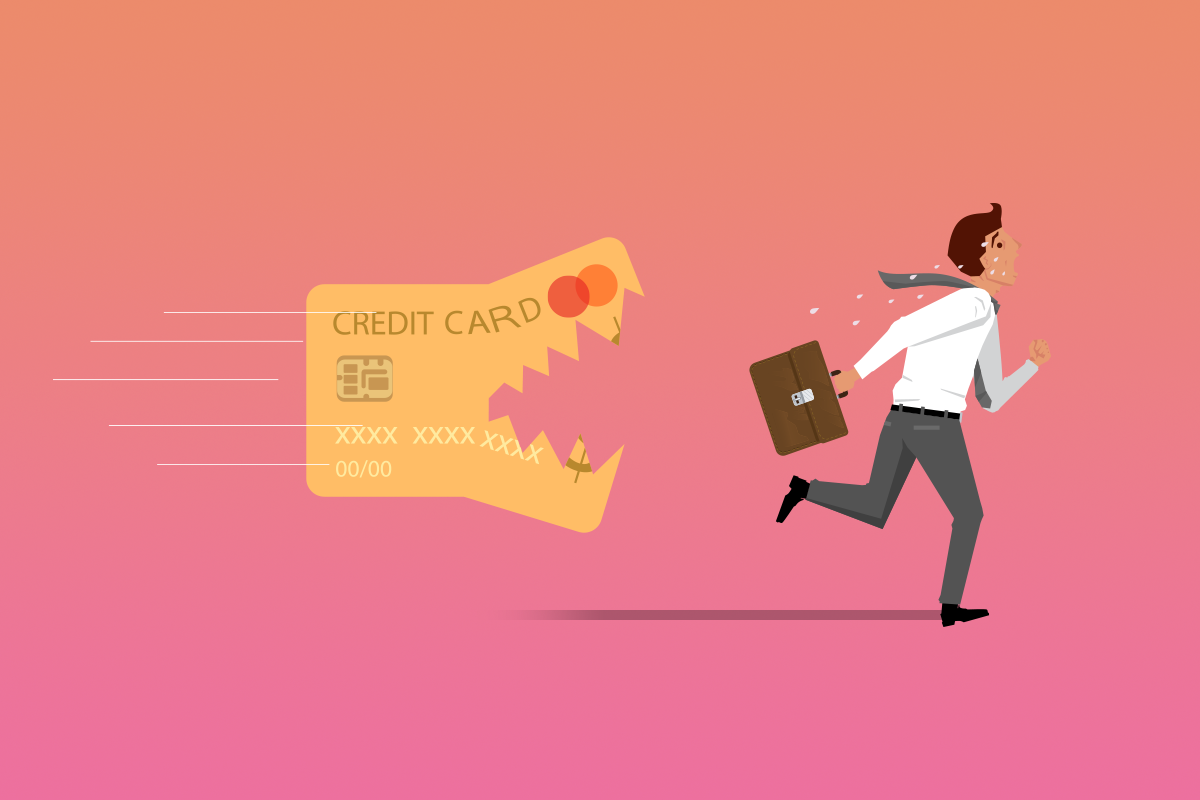Over the past decade, regulatory changes have sparked a fintech boom in Brazil. The rise of new competitors to legacy financial institutions, as well as the Covid pandemic (when government aid was distributed through digital accounts), resulted in a massive entry of people into the banking system. Between 2011 and 2021, the rate of Brazilian adults with a bank account skyrocketed from 56 to 84 percent.
Many neo-banks, such as Brazilian unicorn Nubank, entered the market by offering a credit card with no annual fee, launching a free digital account later. The approach was particularly appealing to unbanked or underbanked citizens, who entered the banking system in droves and helped make Nubank the fourth most valuable publicly traded bank in Brazil.
In 2022, Brazil neared the mark of 200 million credit cards issued in the country — almost twice the size of the employed population. Payment institutions and digital banks increased the user base by 27.6 million people between 2021 and 2023, and saw a 30 percent increase in new credit cards issued.
Now, however, Brazil is experiencing the downside of this process of expanding access to banking.
According to a recent Central Bank report on the country’s credit ecosystem, 84.7 million people have unpaid credit card debt and are struggling to make ends meet, as a result of low financial literacy, persistent barriers to credit, and eye-watering interest rates.
Much is made...


 Search
Search






































